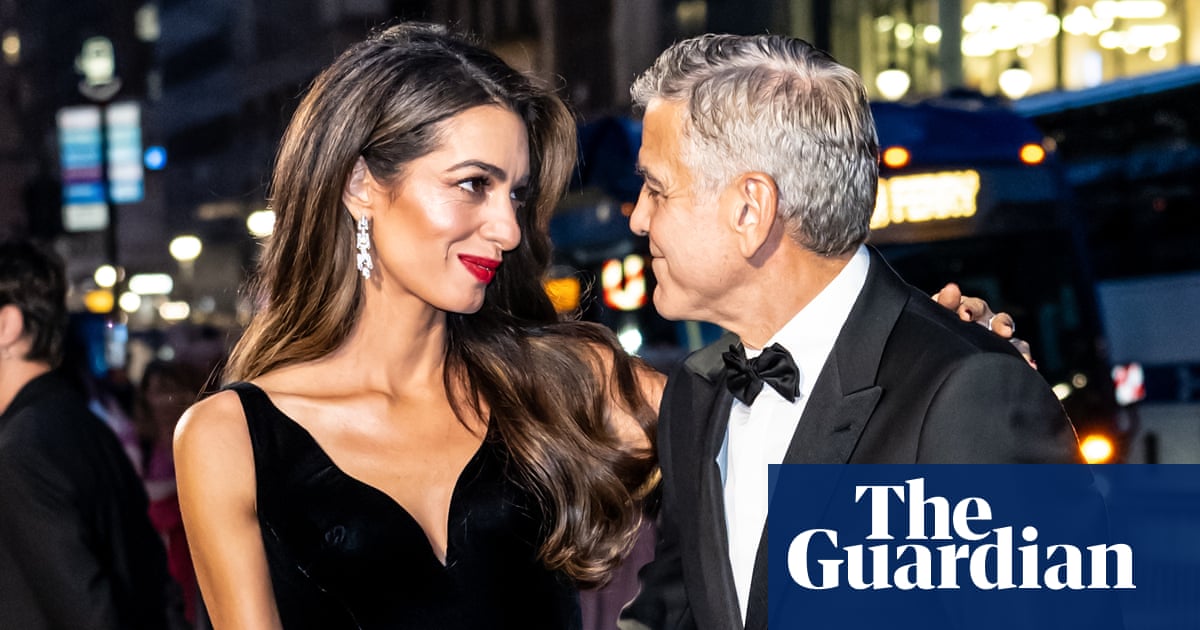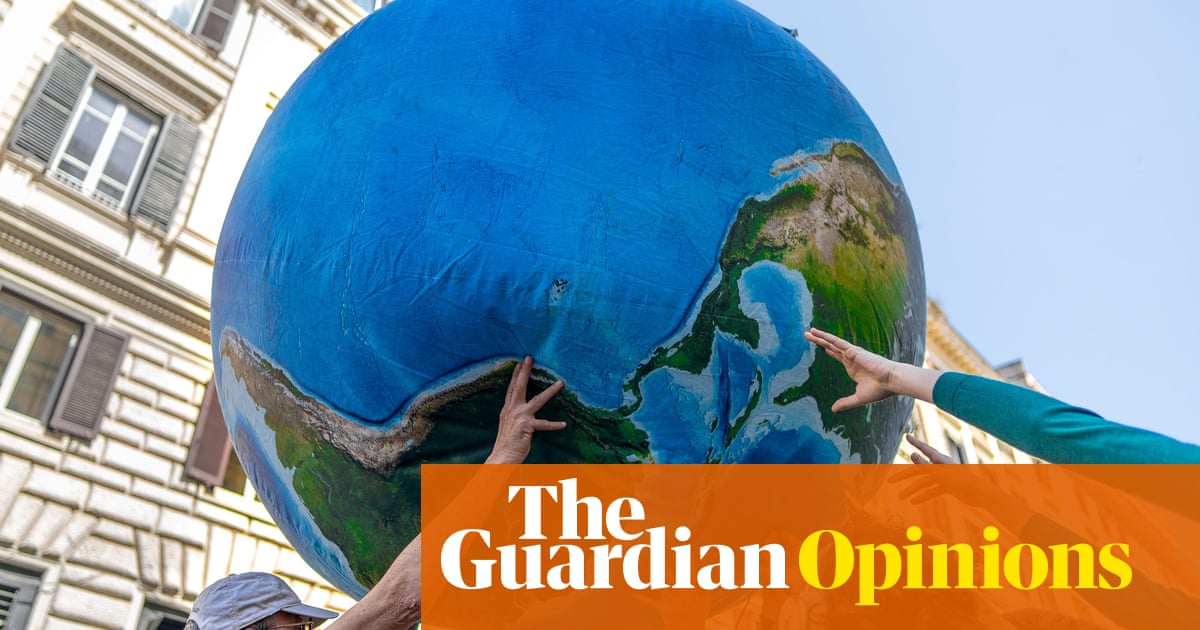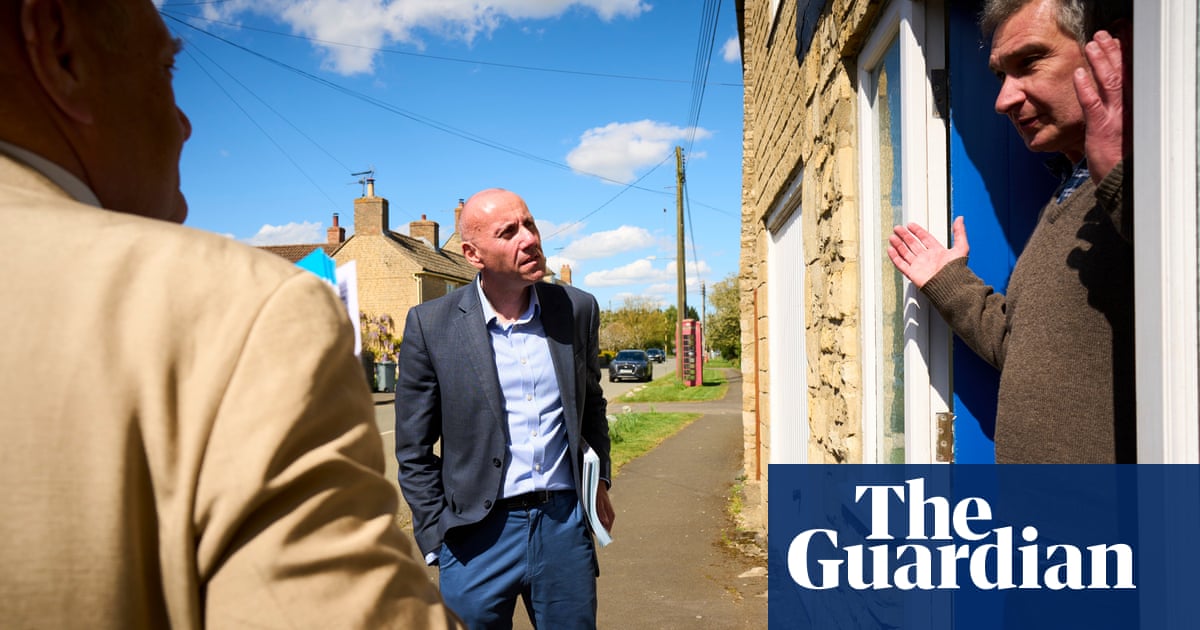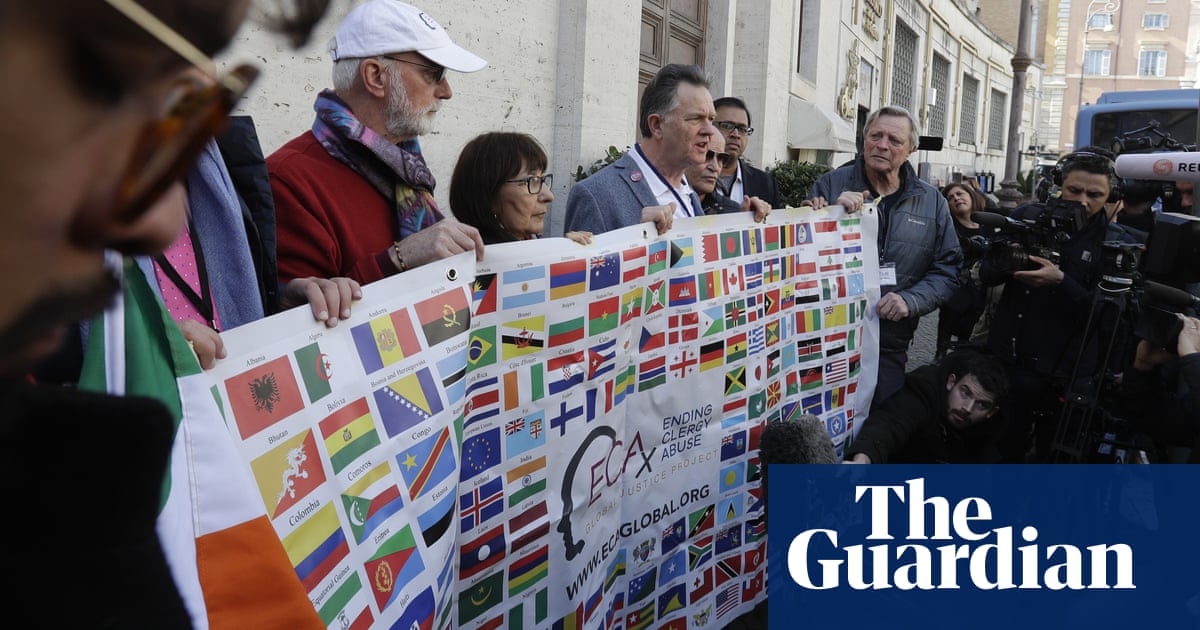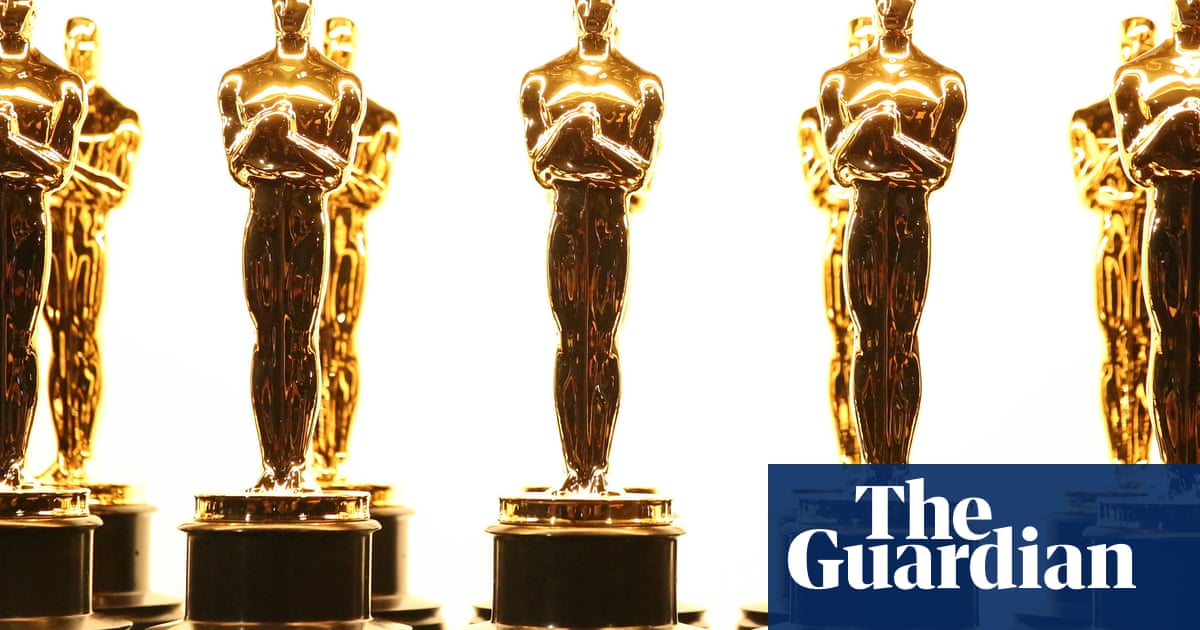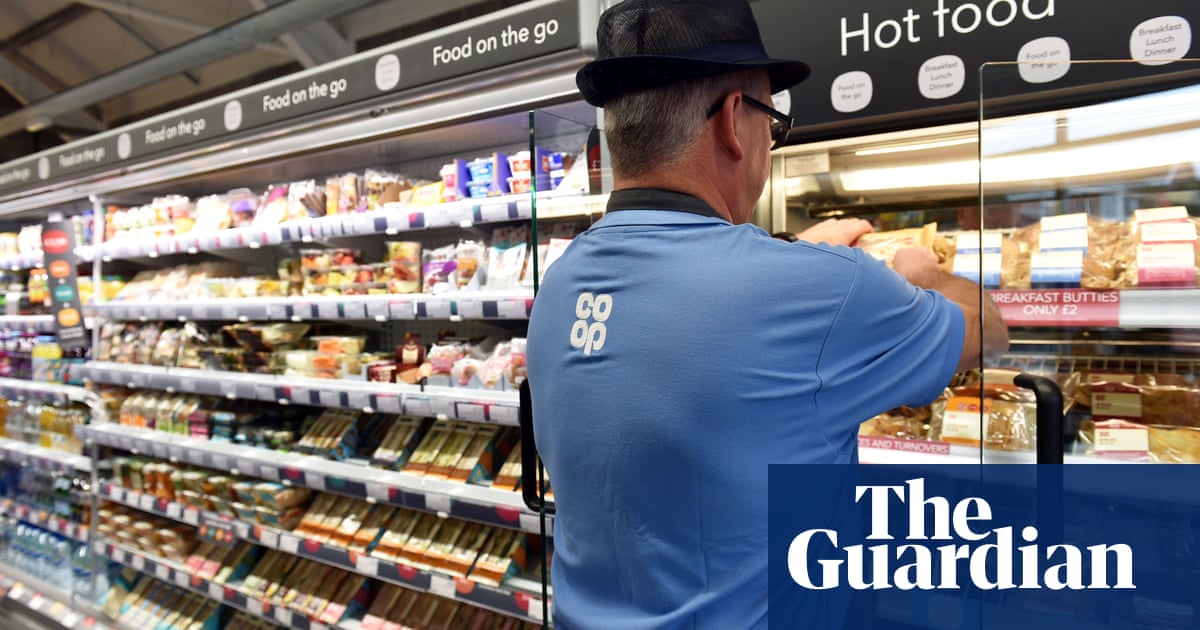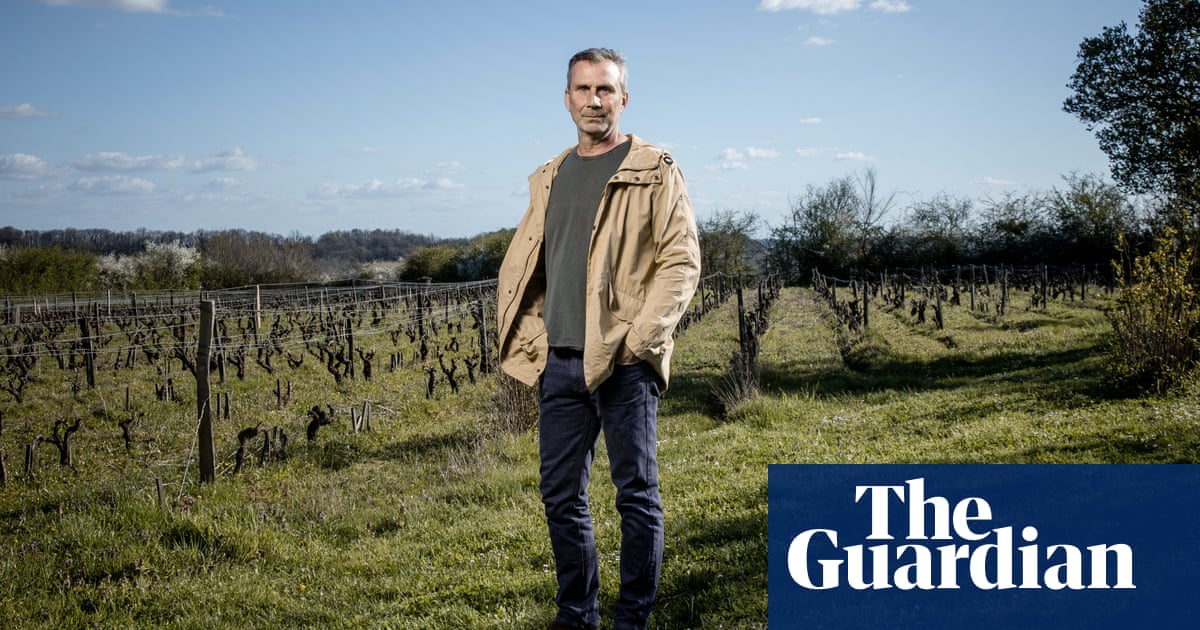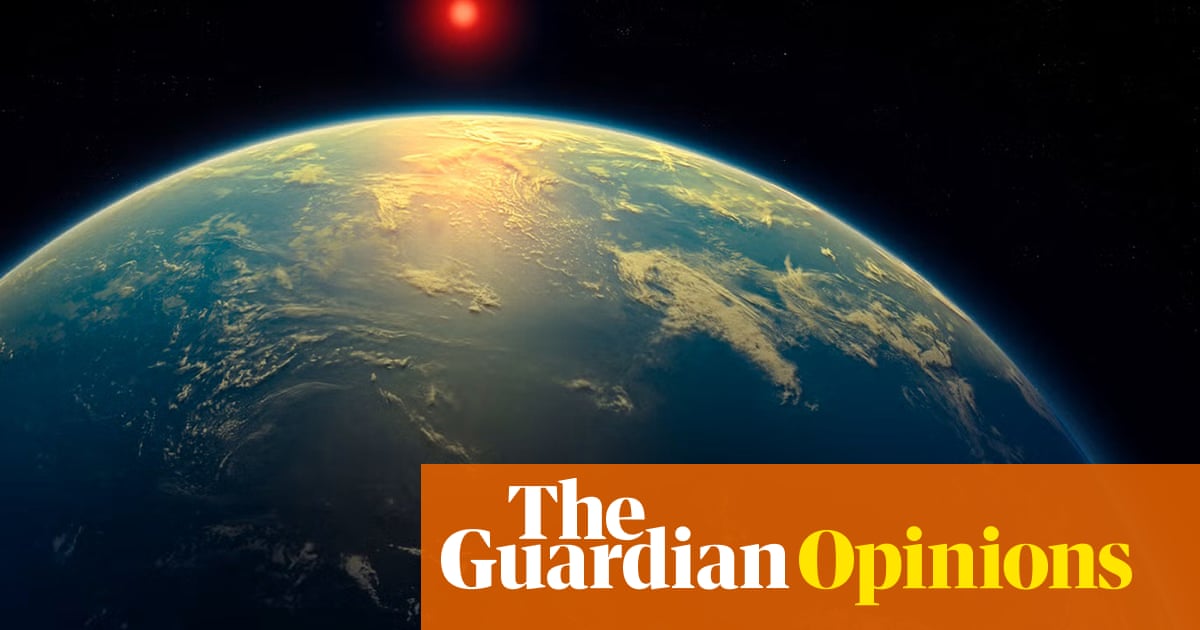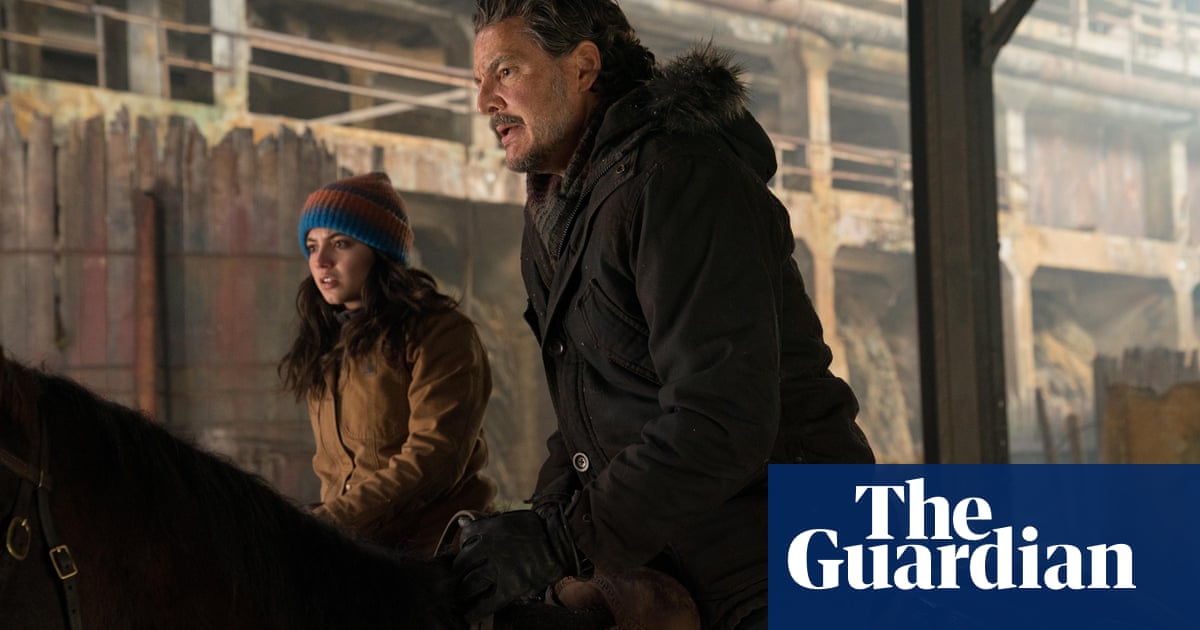Vladimir Putin has said he is ready to discuss the war in Ukraine with Donald Trump and suggested it would be a good idea for them to meet.
In his first comments since Trump issued threats to inflict economic damage on Russia if it failed to end the war in Ukraine, Putin struck a favourable tone towards the US president.
Putin told a Russian state TV journalist: “We believe the current president’s statements about his readiness to work together. We are always open to this and ready for negotiations.
“It would be better for us to meet, based on the realities of today, to talk calmly.”
Putin went on to describe his relationship with Trump as “businesslike, pragmatic and trustworthy”.
Putin also said that the question of negotiating with Ukraine was complicated by the fact that its president, Volodymyr Zelenskyy, had signed a decree preventing him from conducting talks with Putin.
In what seems to be an effort to court Trump’s favour, Putin echoed the US president’s claim that he would have prevented the war in Ukraine in 2022, also parroting Trump’s debunked assertion that the US elections had been “stolen” from him.
In the first days since his inauguration, Trump has repeatedly called for a swift resolution to the war in Ukraine, now nearing its third year, and has expressed his readiness to meet Putin “immediately”.
Trump’s initial attempts to persuade Putin to negotiate have been reinforced by threats to escalate pressure on Russia’s already strained economy, including the introduction of sanctions and tariffs, if Moscow fails to “make a deal” to end the war in Ukraine.
Speaking at the World Economic Forum in Davos on Thursday evening, Trump also called on Opec to push down global oil prices to hit a vital stream of revenue for the Kremlin
“Right now the price is high enough that that war will continue,” he said, referring to Russia’s full-scale invasion of Ukraine, noting that the high oil price was helping to sustain Putin’s war efforts.
Oil and gas revenues have been the most important source of cash for the Kremlin, accounting for about a third to a half of total federal budget proceeds over the past decade.
On Friday, Putin downplayed Trump’s economic threats, saying that “excessively” low oil prices were bad for both the US and Russian economies.
Trump’s initial approach has been met with a largely restrained response in Moscow, where officials are carefully choosing their words regarding Trump while maintaining a firm position on their demands to end the war in Ukraine.
“We don’t see anything new here,” Peskov said on Thursday when asked about Trump’s economic ultimatums.
Still, Trump’s threats seem to have stirred frustration among Moscow’s elite, with some politicians and nationalists in Russia reacting negatively, sentiments further amplified on state TV.
A source in the Russian foreign policy establishment said: “Putin does not like public threats. He wants to be spoken to as an equal. It is clear that any deal will take some time.”
Some observers believe that the Russian leader may view Trump’s economic warning with scepticism.
Throughout the war, Putin has expressed confidence that Russia’s economy has withstood western sanctions better than anticipated by most economists, both inside and outside Russia.
Still, as the fighting nears its fourth year, cracks in the economy are beginning to show as the country struggles with runaway inflation while pouring billions of dollars into its defence industry.
Despite the growing strains, many in Russia’s elite believe the country’s ability to withstand at least another year of conflict means Putin is unlikely to let the economy influence his decisions.
after newsletter promotion
Alexandra Prokopenko, a former official at the Russian Central Bank and expert on the Russian economy, wrote in a recent piece for Foreign Affairs that “simmering economic problems are unlikely to overpower the forces keeping Putin determined to continue the war in Ukraine”.
On the battlefield, Russia has made gradual but steady advances in eastern Ukraine despite record casualties. Kyiv is facing a personnel crisis, prompting the US administration to publicly urge Ukraine to lower its mobilisation age from 25 to 18.
With the momentum at the front, Putin appears in no hurry to end the war, and an easy path to a peace deal remains elusive.
Putin last outlined his position for peace talks in December, during his annual end-of-year conference, demanding that the west lift all sanctions on Russia and that Ukraine withdraw from the regions of Donetsk, Luhansk, Kherson and Zaporizhzhia.
He also insisted that Ukraine abandon its Nato aspirations, become a permanently neutral state, and drastically reduce its military forces – moves that would effectively strip Ukraine of its sovereignty.
It remains unclear how flexible Putin is on these demands.
One source briefed on top-level Kremlin discussions about possible negotiation tactics suggested Moscow was curious about potential overtures from the US, but might have little interest in signing a deal. The source suggested that Moscow could keep the talks going to prolong the fighting while shifting its terms for peace
Several hardline figures close to the Russian president have recently called for Ukraine’s capitulation as the only acceptable outcome.
On Friday, businessman Konstantin Malofeev, one of Russia’s most prominent conservative voices, reiterated Putin’s maximalist demands for peace. “We must achieve victory, which will eliminate the Ukrainian state as such. We are, of course, ready to stop military action, but only on terms that ensure our security for many years to come,” he wrote on his Telegram channel.
While the US president has not given a detailed blueprint for ending the war, his running mate, JD Vance, in the autumn suggested that Trump could push a “heavily fortified” demilitarised zone at the countries’ borders, freezing the war along the current frontlines.
Trump’s return to the White House has also reignited discussions about the possibility of western peacekeeping forces being stationed in Ukraine to help maintain a ceasefire.
But Russian officials have fiercely rejected the idea of western boots in Ukraine, with the foreign ministry calling it “unacceptable”, while also dismissing calls to freeze the war in Ukraine along the current frontlines.
Still, the situation remains in flux, and this week, Trump also made statements that appeared aimed at soothing Moscow.
In an interview with Fox News on Thursday, he described President Zelenskyy as “no angel” and suggested that the Ukrainian leader shared some of the blame for the war’s outbreak. “He shouldn’t have allowed this war to happen,” Trump said.

.png) 2 months ago
22
2 months ago
22
